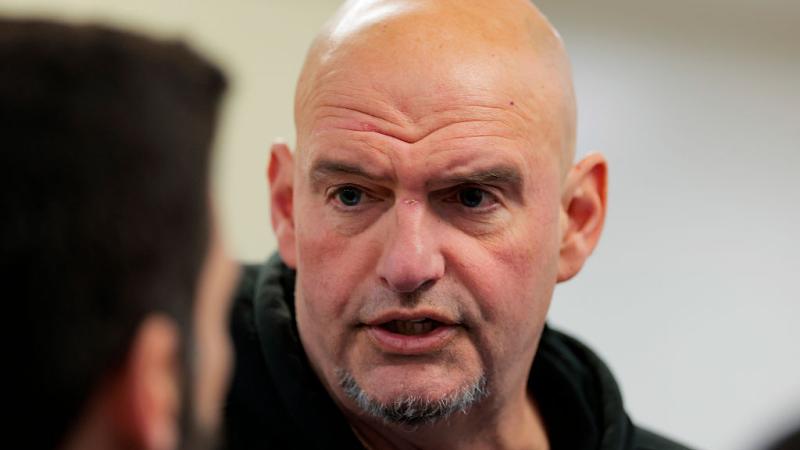Budget cuts finds a common cause with rich topic: ending abuse of research animals
Congresswoman and watchdog group reveal $20 billion spent annually on abusive animal research.
The federal government is spending $20 billion annual in taxpayer dollars for abusive animal research, and most Americans are unaware, says New York GOP Rep. Nicole Malliotakis.
Malliotakis recently made the claim on the Just the News, No Noise television show on which she also said federal funds go toward inhumane experiments on animals in such countries as China and Russia.
"I don't think most Americans know that their tax dollars are being used in this way to literally abuse animals with cruel, inhumane and unnecessary experiments that are not doing anything to improve public health," she said.
"And it's it's actually crazy to learn that we have hundreds of thousands of animals that are locked up in cages that are in federal labs, or labs that we, the U.S. taxpayer, are funding cats, dogs, monkeys, rabbits, other animals, and that there these unnecessary tests are taking place all around the country, and we're even funding experiments taking place overseas and in countries that dislike us."
The congresswoman also pointed out that funding for animal research in other countries includes so-called "gain of function" experiments like those conducted in Wuhan, China – which by general definition is research to try to learn more about how a virus might mutate and spread. However, such experiments are also risky because a lab mistake could spawn a more lethal virus.
"We also saw that there was animal testing taking place in the Wuhan lab, and we were funding these experiments, and it's still taking place in other countries that have sub par safety conditions, so that not only is, you know, not necessarily cruel experiment on the animal, but it could potentially cause the next pandemic," Malliotakis said.
She was referring to the Wuhan Institute of Virology, from which some people and groups, including the CIA, think COVID-19 was leaked.
Researchers from the lab were collaborating with ones from New York-based EcoHealth Alliance on bat-virus research, funded by the U.S. National Institutes of Health at or near the time COVID was first detected, in Wuhan, according to Science magazine.
EcoHealth has denied such allegations including that the virus came from and was leaked from the lab.
"EcoHealth Alliance strongly refutes these allegations," the group said in June 2024. "We have provided dozens of statements to the press to show that they are patently false, but in a difficult political landscape, these false narratives find fertile ground."
Malliotakis also spoke about working with government watchdog group White Coat Waste Project to expose inhumane experiments funded by the NIH that involved locking the heads of beagles in mesh cages filled with sand flies and allowing them to be eaten alive.
The NIH's National Institute of Allergy and Infectious Diseases has admitted to funding some research using beagles, but it denied that it funded one project in Tunisia that went viral on social media because it involved sedated beagles whose heads were stuck in mesh cages filled with diseased sand flies, according to factcheck.org.
White Coat has proposed a 100-day plan for the Trump administration to end the federal funding of animal abuse and save $20 billion in taxpayer's money.
Malliotakis is the sponsor of the HELP PETS Act that seeks to remove federal funding from universities and colleges that conduct inhumane animal experiments. She recently re-introduced the bill amid Republicans eager to cut excessive government spending and controlling the White and Congress, after the Biden administration.
She also is a cosponsor of Goldie's Act, a proposed law that would require the USDA to notify state and local law enforcement of cases of abused animals.














